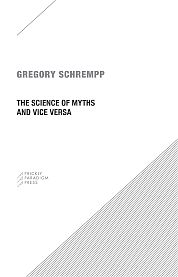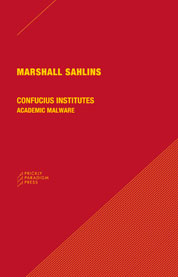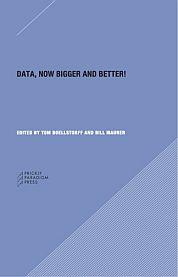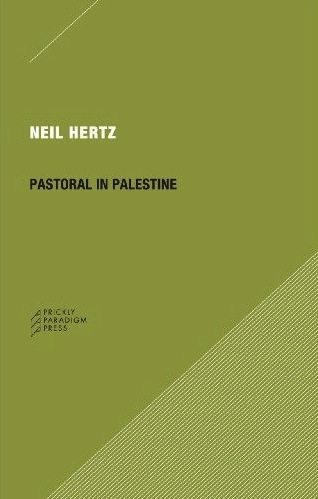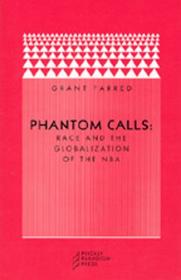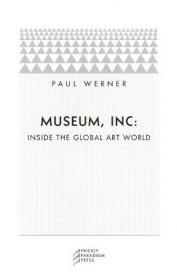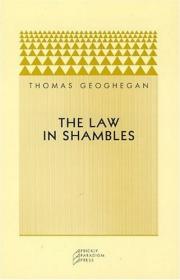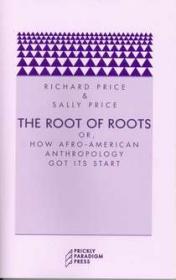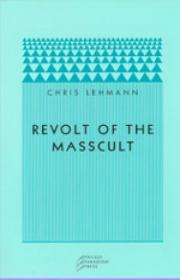Titles
Price: $12.95 •
Read More »
Prickly Paradigm #45
Price: $12.95 • Read More »
Prickly Paradigm #41
Price: $12.95 • Read More »
Prickly Paradigm #37
Price: $12.95 • Read More »
Prickly Paradigm #36
Price: $12.95 • Read More »
Prickly Paradigm #34
Price: $12.95 • Read More »
Prickly Paradigm #30
Price: $12.95 • Read More »
Prickly Paradigm #29
Price: $12.95 • Read More »
Prickly Paradigm #28
Price: $12.95 • Read More »
Prickly Paradigm #27
Price: $12.95 • Read More »
Prickly Paradigm #26
Price: $12.95 • Read More »
Prickly Paradigm #25
Price: $12.95 • Read More »
Prickly Paradigm #23
Price: $12.95 • Read More »
Prickly Paradigm #22
Price: $12.95 • Read More »
Prickly Paradigm #21
Price: $12.95 • Read More »
Prickly Paradigm #20
Price: $12.95 • Read More »
Prickly Paradigm #18
Price: $12.95 • Read More »
Prickly Paradigm #16
Price: $12.95 • Read More »
Prickly Paradigm #15
Price: $12.95 • Read More »
Prickly Paradigm #14
Price: $12.95 • Read More »
Prickly Paradigm #12
Price: $12.95 • Read More »
Prickly Paradigm #11
The Thanksgiving Turkey Pardon, the Death of Teddy's Bear, and the Sovereign Exception of Guantánamo
Price: $12.95 • Read More »
Prickly Paradigm #10
Price: $12.95 • Read More »
Prickly Paradigm #8
Price: $12.95 • Read More »
Prickly Paradigm #6
Price: $12.95 • Read More »
Prickly Paradigm #5
Price: $12.95 • Read More »
Prickly Paradigm #4
Price: $12.95 • Read More »
Prickly Paradigm #3
Price: $12.95 • Read More »
Prickly Paradigm #2
Price: $12.95 • Read More »
Prickly Paradigm #1
Price: $12.95 • Read More »


